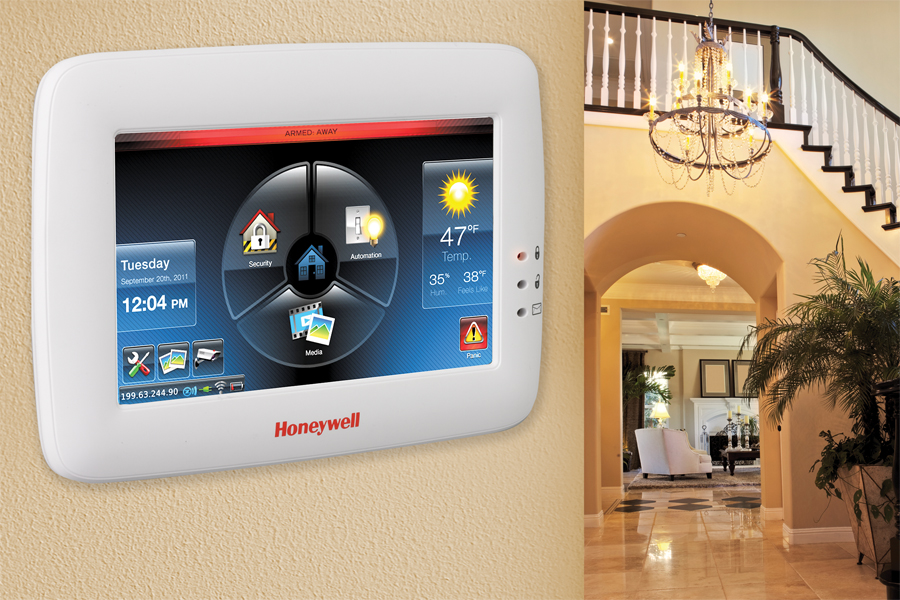Medical
AT THE TOUCH OF A BUTTON HELP CAN BE ON THE WAY…
Facts on Emergencies:
Research supports the common sense notion that getting prompt help makes surviving an emergency more likely. The ability to get help also boosts the opportunity for a senior to continue to live independently. The longer a person spends helpless, the greater the likelihood he/she will be discharged into supportive care. For elderly people who live alone, becoming incapacitated and unable to get help is a common event, which usually marks the end to their ability to live independently.
(New England Journal of Medicine)
Facts on Falling:
It is estimated that approximately one in three elderly people will fall in any given year. Falls are a leading cause of seniors’ injuries everywhere.
Seniors are hospitalized for fall-related injuries 5 times more often than they are for injuries from all other causes. Falls are the leading cause of accidental death for seniors. (Center for Disease Control, “CDC”)
50% of people who fall require assistance from someone else to get up.
After a fall or other emergency, 90% of people who get help within one hour will continue independent living, but after 12 hours without help only 10% of people will continue to live at home. (New England Journal of Medicine)
Facts on Heart Attacks:
Every 7 minutes in Canada, someone dies from heart disease or stroke (Statistics Canada, 2011c).
About 50% of deaths occur within one hour of the heart attack –outside of a hospital.
There is only a 6% to 9% early mortality rate from Heart attack for those who survive long enough to reach the hospital. Getting to the hospital quickly is the goal.
Many strokes are preventable and treatable with prompt medical attention. (National Stroke Association)
Facts on Fire:
Who is Most at Risk: Senior citizens age 70 and over have the greatest risk of fire death. The fire death risk among seniors is more than double the average population.

